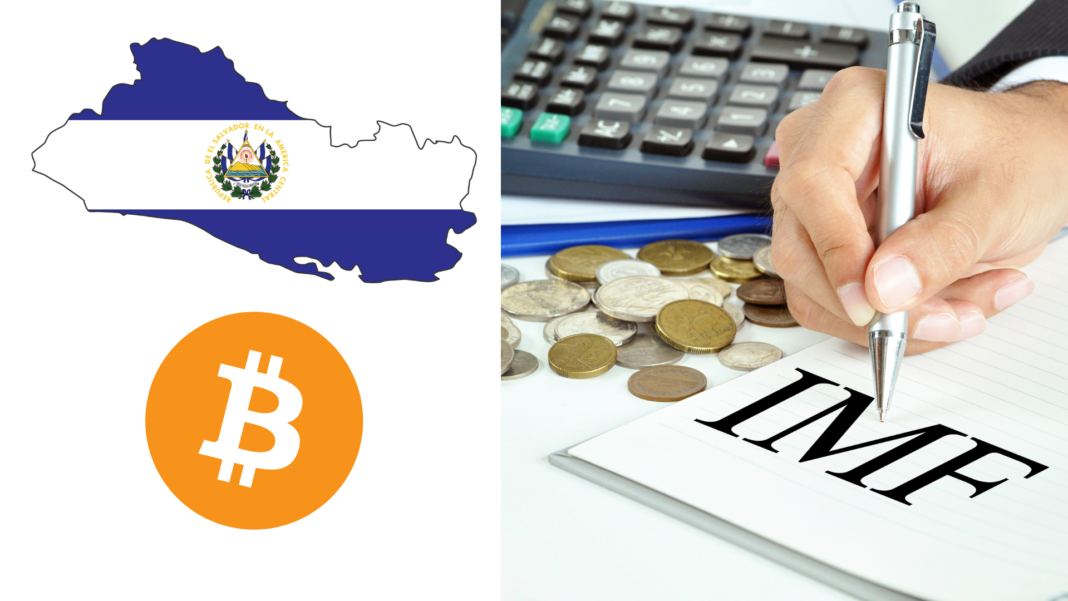El Salvador congress has decided to implement an amendment to its Bitcoin law. According to the official reports, the El Salvador congress delivered a bill by President Nayib Bukele to change El Salvador’s Bitcoin law to comply with an agreement with the IMF to make the adoption of cryptocurrency voluntary.
The law was quickly passed by the country’s Congress, being in tandem with previous promises. Additionally, members of Bukele’s New Ideas Party predominate in the Congress.
Will The New Amendment Affect Previous Pro-Crypto Stance?
El Salvador was the first nation to accept cryptocurrencies as legal cash in 2021, joining the U.S. dollar, which it had done so twenty years before. The action garnered international notice and made Bukele one of the most well-known supporters of bitcoin.
President Nayib Bukele’s administration has loosened its laws governing Bitcoin as part of the agreement, which was a significant barrier in earlier talks.
Due to these legal advancements, the private sector will now have the freedom to decide whether or not to adopt cryptocurrencies under the country’s new regulations.
However, the amendment will not likely hamper the nation’s Bitcoin buying spree for the national reserve.
Bitcoin use in the private sector will now be optional, nevertheless, due to recent regulatory developments. Public sector access to Bitcoin-related economic activities, such as transactions and purchases, will be restricted.
Also Read: Poland Jumps Ahead of El Salvador to Claim Fifth Spot As Bitcoin ATM hub Amid Rise in Userbase
IMF’s Cautious Stance For El Salvador’s Bitcoin Policy
El Salvador has often received warnings from the IMF about its Bitcoin policy.
In the past, the international group has requested that the country “limit the public sector exposure to Bitcoin, give strength to the regulatory framework and oversight of the Bitcoin ecosystem, and narrow the scope of the Bitcoin law.”
The recommendations were made while the nation and the international lender were negotiating to promote economic stability. But even when pro-crypto regulations were implemented, El Salvador continued to purchase Bitcoin in spite of all the warnings.
Even though El Salvador and the International Monetary Fund prioritize strengthening reforms in their program negotiations, tackling the risks associated with Bitcoin use is still a major topic of debate between the two institutions.
The main areas of contention between international regulatory bodies and the digital asset sector are the idea of regulated markets and the elimination of governmental power.
However, it now appears that when it comes to economic policy and Bitcoin rules, the IMF and El Salvador will probably agree at keeping some restrictions.


